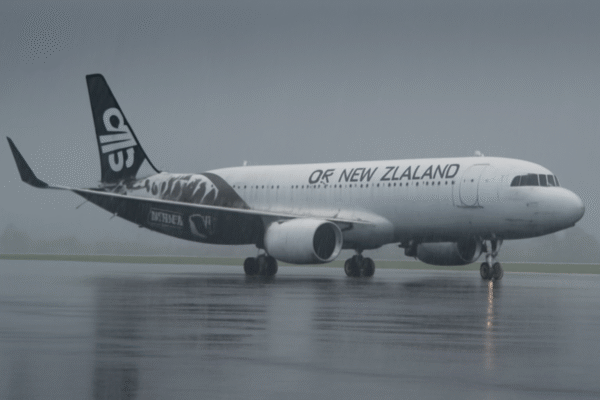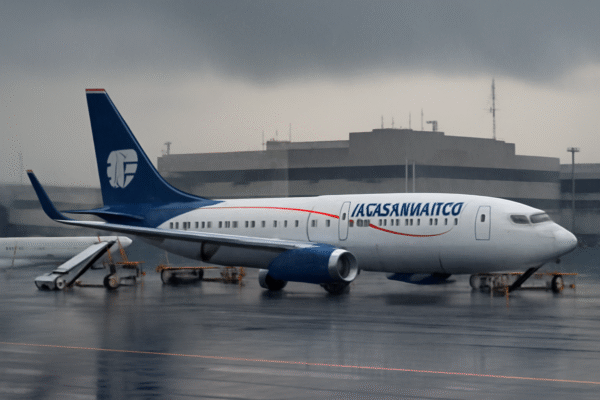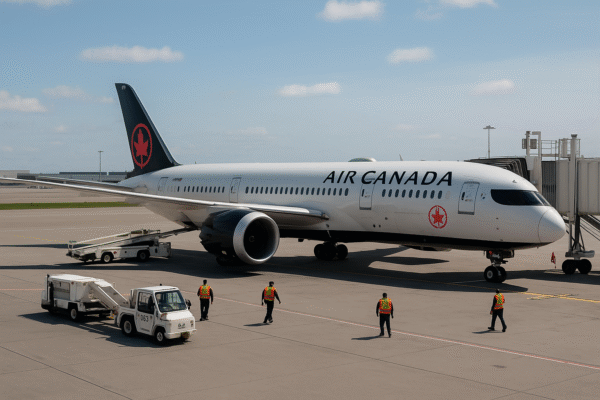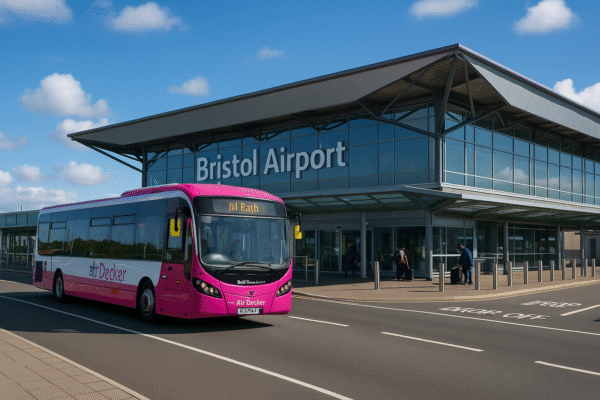In a landmark move to improve international passenger travel and aviation efficiency, Saudi Arabia’s General Authority of Civil Aviation (GACA) and the United Kingdom government have officially signed a One-Stop Security Agreement. The bilateral accord, finalized in London, promises to transform the travel experience between the two nations by eliminating duplicate airport screenings, reducing layover times, and enhancing connectivity across major Saudi and UK airports.
This bold aviation agreement allows passengers flying from the UK to Saudi Arabia to bypass secondary security checks at their Saudi arrival or transit points. Under the agreement, all security screenings performed at UK airports—such as Heathrow, Gatwick, and Manchester—will now be recognized as meeting Saudi Arabia’s stringent standards. This streamlining will ease the journey for travelers, especially those making connecting flights through major Saudi gateways like King Khalid International Airport (Riyadh), King Abdulaziz International Airport (Jeddah), and King Fahd International Airport (Dammam).
A New Standard for Hassle-Free Travel
By adopting this integrated security system, the agreement will minimize redundancy in airport procedures, shorten wait times at checkpoints, and reduce passenger fatigue during layovers. As air traffic rebounds globally, this approach sets a new benchmark in hassle-free air travel while maintaining high security standards.
The move represents a significant shift in Saudi Arabia’s aviation vision under Vision 2030, which prioritizes modernizing infrastructure, enhancing passenger experiences, and attracting international transit traffic. By aligning with UK security protocols, Saudi Arabia signals its readiness to meet international expectations and operate as a world-class aviation hub.
Strategic Alignment with Vision 2030
The agreement aligns seamlessly with the Kingdom’s Vision 2030, an ambitious national development framework aimed at diversifying the economy and reducing reliance on oil. Central to this vision is the Saudi Aviation Strategy, led by GACA, which seeks to triple passenger numbers, establish over 250 international routes, and invest over $100 billion in public-private partnerships.
The One-Stop Security deal is a tangible output of that strategy. It enhances Saudi Arabia’s profile as a preferred stopover destination, elevates airport competitiveness, and encourages foreign direct investment in its aviation and tourism sectors. With more streamlined entry and transit, Saudi airports are now positioned to compete with global giants like Dubai, Doha, and Istanbul.
Airport Innovation and Digital Transformation
Saudi Arabia’s aviation modernization goes beyond policy—it includes a full digital overhaul of airport systems. GACA has been integrating biometric identification, automated passport control, AI-powered surveillance, and contactless processing into its terminals to offer seamless and secure travel.
The new agreement with the UK also reflects mutual trust in these technological advancements. It represents a vote of confidence from the UK Civil Aviation Authority and opens the door for similar agreements with other European and international partners in the future.
These changes are not just cosmetic. They reduce transit processing times, improve airport efficiency, and allow passengers more time to enjoy amenities, lounges, and duty-free experiences—turning transit hubs into travel experiences themselves.
Elevating Bilateral Aviation and Economic Ties
The One-Stop Security Agreement also reflects broader diplomatic and economic cooperation between the UK and Saudi Arabia. With thousands of flights connecting the two nations annually and tens of thousands of Saudi students, business travelers, and tourists visiting the UK each year, the need for streamlined aviation systems has become more urgent.
This agreement simplifies that process. It fosters tourism growth, business travel, and logistics between the two regions while supporting the development of new airline routes, codeshare agreements, and strategic aviation partnerships.
It also boosts Saudi Arabia’s efforts to attract 20 million transit passengers annually by 2030, part of its wider aviation ambition to transform the Kingdom into a global logistics hub linking Asia, Europe, and Africa.
GACA’s Leadership and Regulatory Role
The General Authority of Civil Aviation (GACA) plays a central role in setting policies that ensure safe, efficient, and sustainable air travel in the Kingdom. As the chief regulator, it is responsible for ensuring that Saudi Arabia’s airports and airlines comply with international safety and quality standards.
With the One-Stop Security Agreement, GACA has demonstrated its commitment to international collaboration, innovation, and passenger-centric reform. This initiative complements its previous moves to liberalize the air transport sector, promote tourism, and boost Saudi Arabia’s aviation ranking globally.
What Travelers Can Expect
- No Additional Security Screenings: Travelers from the UK to Saudi Arabia will no longer face repeat security checks at transit points in the Kingdom.
- Shorter Layovers: Reduced screening times mean quicker transfers and more efficient scheduling.
- Confidence in Global Standards: Security at both UK and Saudi airports will remain rigorous but integrated.
- Enhanced Airline Connectivity: More opportunities for direct and connecting flights between major cities like London, Riyadh, Jeddah, and Dammam.
Conclusion: Bold Aviation Reform with Global Impact
This bold agreement marks a defining moment in Saudi Arabia’s emergence as a modern aviation powerhouse. It not only improves passenger experience but strengthens international ties and paves the way for broader cooperation with other global aviation authorities.
As Saudi Arabia continues to implement its Vision 2030 blueprint, such collaborations will be essential in establishing the Kingdom as a key global aviation and tourism hub. For travelers, the message is clear: the future of Middle East transit is not only modern—it’s easier, faster, and far more connected than ever before.
For more travel news like this, keep reading Global Travel Wire

















